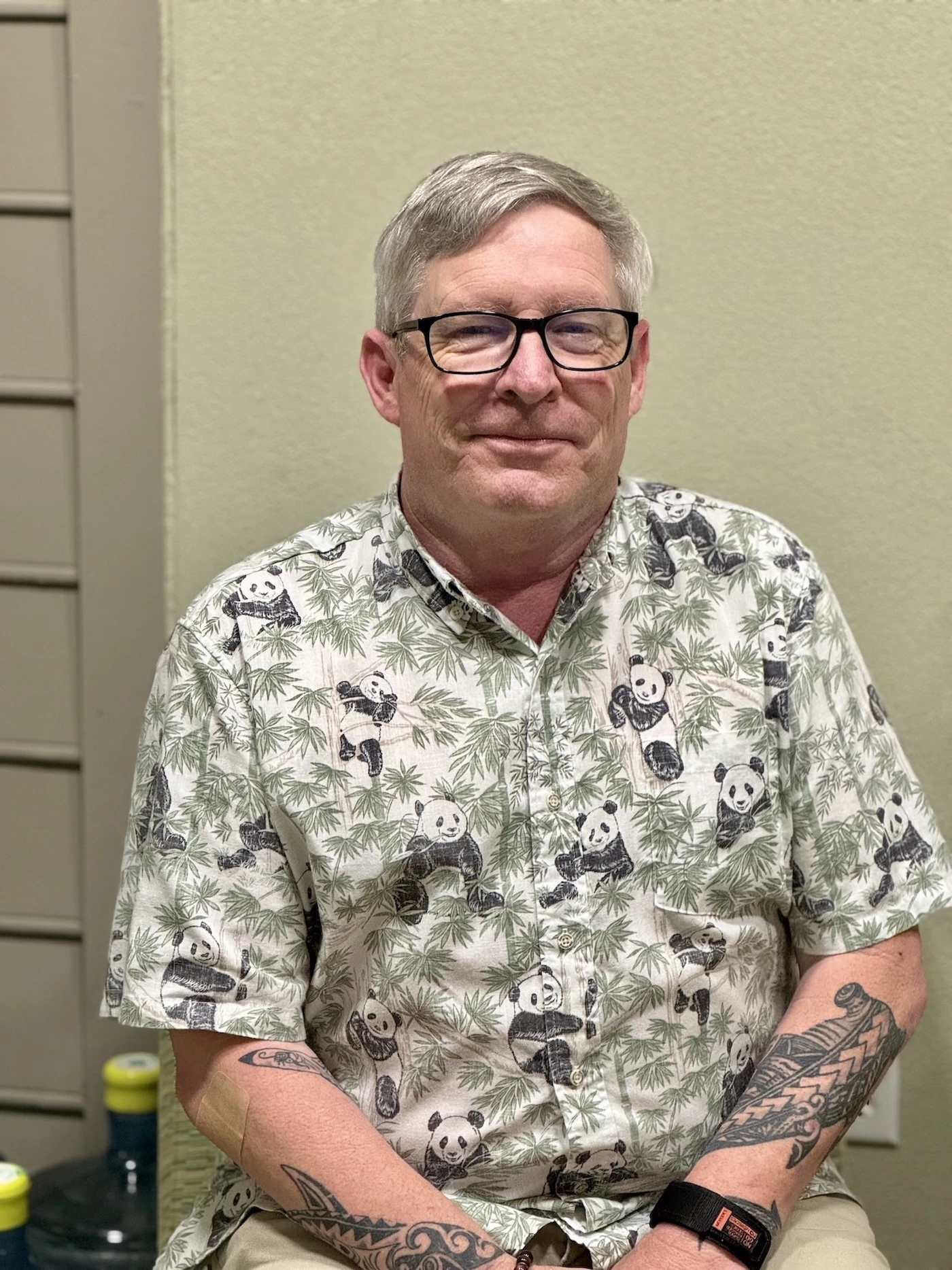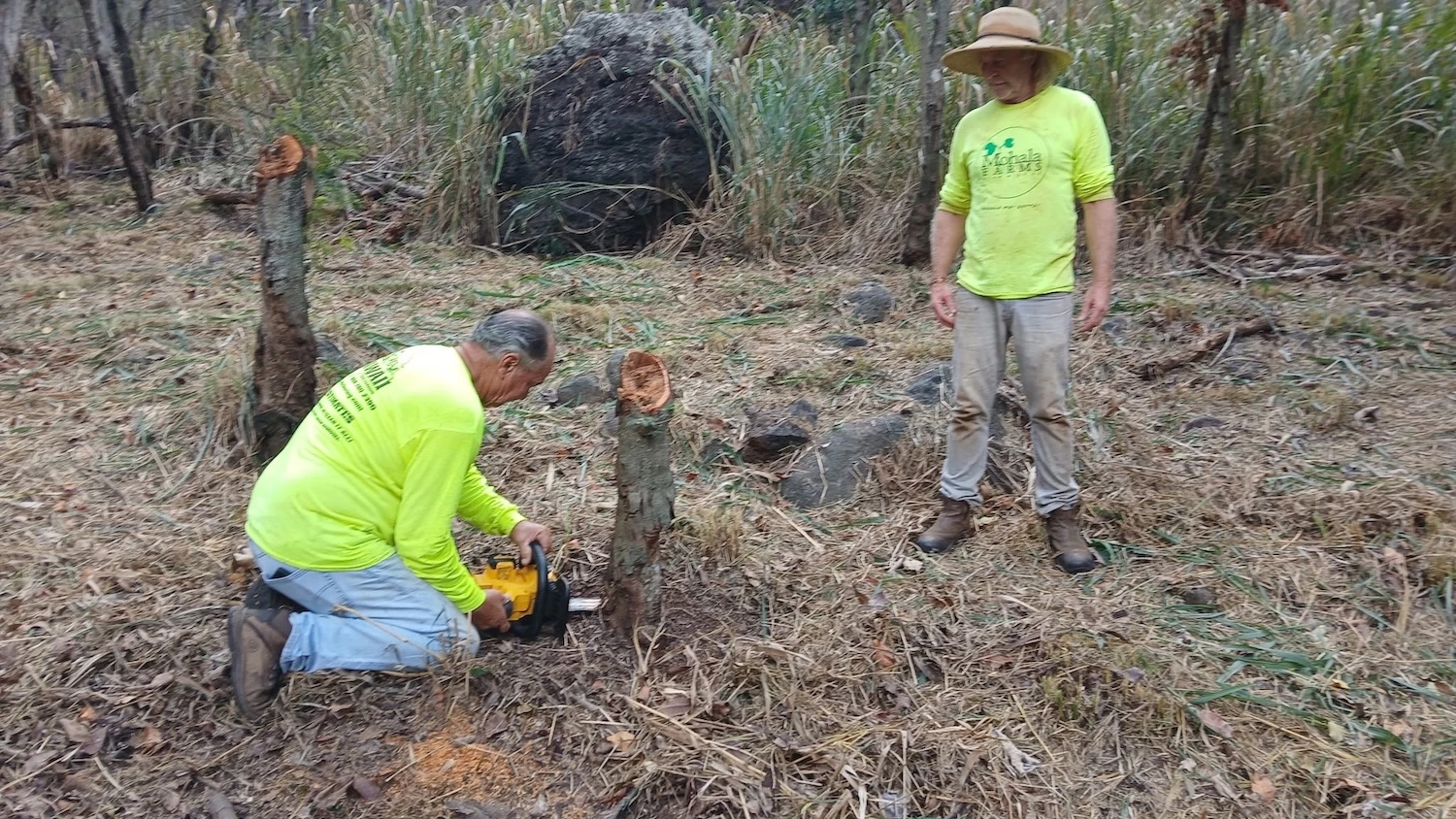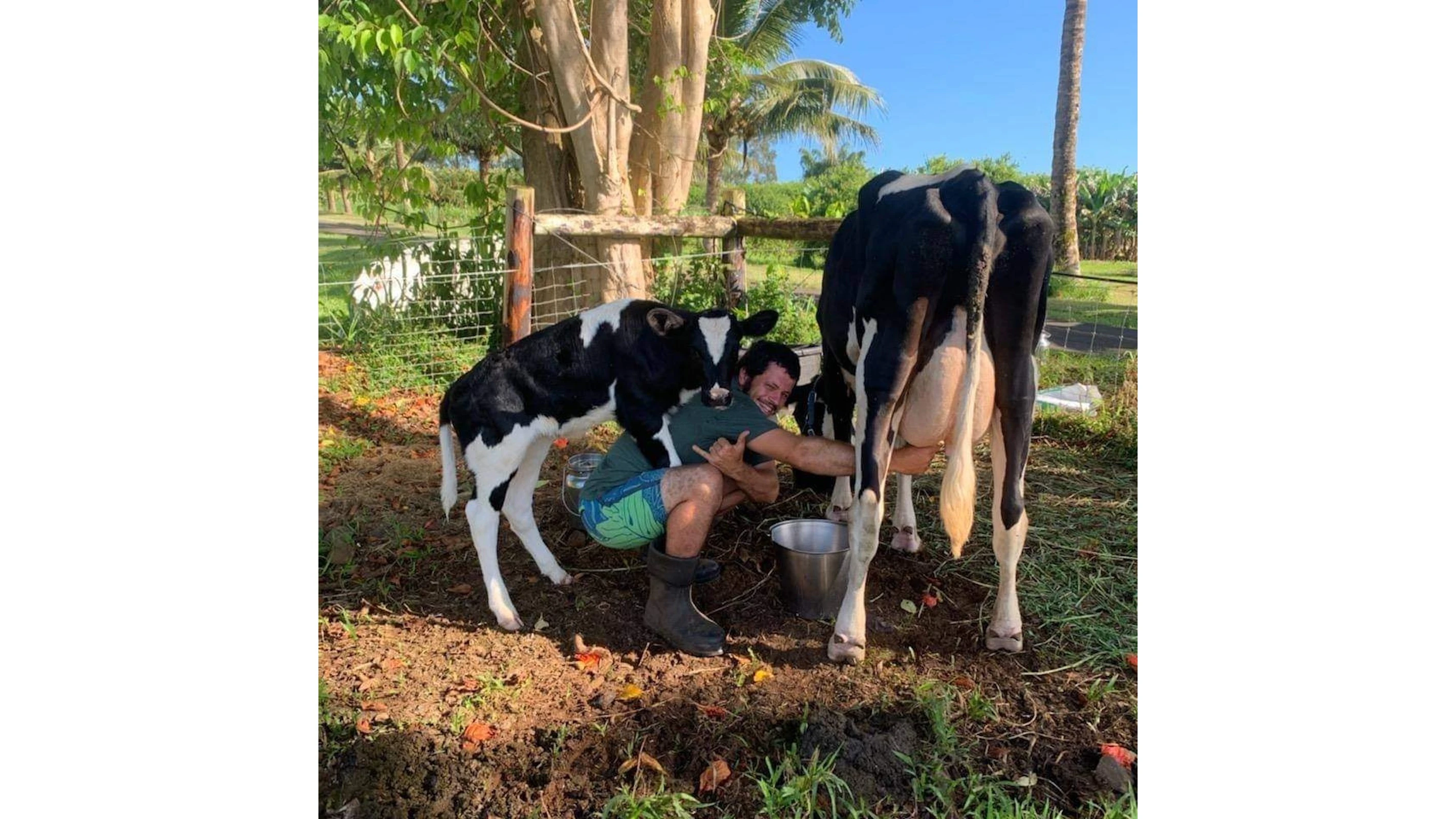ʻEwa Beach residents Maria and Rodney Sabado just welcomed a boy into their home, adding to the growing list of more than 10 keiki (at different periods) for which they have provided foster care services for nearly 20 years.
Maria Sabado told Aloha State Daily that growing up in the Philippines, her family didn’t have much. She enjoyed working at food banks, churches and with children. “That’s how I began contributing to the community.”
She moved to Hawaiʻi in 1991, and in 2006, began fostering with Hale Kipa’s Transitional Family Homes program. “My heart is for children in need,” Sabado said.
“We still don’t have a lot to offer, but we can offer love – our food, our home, our time and care.”
She said her family, including two girls ages 32 and 18, has been very helpful. “Without my partner, Rodney, it would be hard to manage.”
Sabado added that one of the common challenges at first is “trying to understand where they’re coming from.”
“Then after you get to know them, it’s hard to depart from them,” she said, adding that the family still communicates with a few of the kids after they left their home.
“The most rewarding part is when I cook them food and they tell me it’s good,” she said with a laugh.
For those interested in becoming a foster parent, she offered this advice: “Make sure you are committed. If you do not commit to the child, I don’t think it will be a successful relationship. Accept them for who they are. Welcome them and give them the love and support they need.”
Sabado said the ongoing training Hale Kipa provides teaches that and more.
“Without the training, we probably would not make it. It has helped build our confidence and a team dynamic within my family. It teaches you how to handle kids with anxiety or depression,” she said. “Plus, all the resources we need are on the organization’s website. Not to mention, someone is on call for us 24/7.”
Hale Kipa’s Transitional Family Homes program serves youth on Oʻahu and Hawaiʻi Island, who are between ages three and 17. Children in the program require more support than traditional foster care can provide but does not require residential treatment, the nonprofit said.
“Hale Kipa provides 36 hours of training to help license and train the foster parents and then provides ongoing training and 24-hour support,” per its website. “Additionally, parents decide what level of support they want to provide, such as full-time, respite or short-term emergencies.

Greg Spangler, clinical program manager at Hale Kipa, said top of mind is finding more foster families willing to accept youth into their home for a couple days at a time up to nine months.
He told ASD, “We’re looking for quality parents to provide a safe place for them. The need is always there. All the homes right now are full and there is a waitlist.”
Spangler, who is retired from the military and previously worked with U.S. Department of Defense and Veteran Affairs for over a decade, said he decided to go back to school and become a therapist. “One of my programs took me to Peru for a couple weeks and I worked at a FEMA orphanage, where I found out I have a blast working with kids.”
He added, Hale Kipa stood out when seeking a good fit for his licensure, and he joined the nonprofit more than a year ago. “I enjoy being a therapist working with kids. I enjoy overseeing the programs now, and I still get to see some of the kids.”
Spangler said he would “love to have more families on Big Island (one foster family is there with two youth).” Currently there are six families serving in Central Oʻahu, he noted.
Word of mouth has worked best for recruitment, he said, adding that taking it slow and finding partners is the best way to ensure the youth feel safe and supported.
Another form of support for foster parents is a $125 tax-free stipend per night, paid monthly. Part of that goes back to the youth as an allowance, Spangler said.
“Youth that come through our program are striving in the community now, some stay in contact with their parents, and we handle the paperwork, so the family doesn’t have to.”
Hale Kipa's Transitional Family Homes program is funded through both government grants and private donations. The agency also relies on contracts with the Department of Health's Child and Adolescent Mental Health Division, according to Spangler.
May is National Foster Care Month. For more information, visit halekipa.org.
Kelsey Kukaua Medeiros can be reached at kelsey@alohastatedaily.com.





